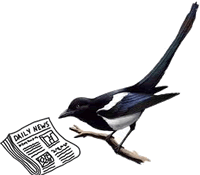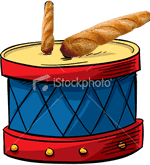An interesting word that came up in my Breton lesson today is archerien, which means police. It caught my attention because it has no obvious connection to the word police, and because it is completely different to the equivalent words in other Celtic languages:
– Welsh: heddlu (“peace force”)
– Cornish: kreslu (“peace host”)
– Irish: gardaí (síochána) (“guards of peace”); póilíní
– Manx: meoiryn shee (“peace keepers/stewards”); poleenyn
– Scottish Gaelic: poileas
The English word police comes from the French police (public order, administration, government), from the Latin polītīa (state, government), from the Greek πολιτεία (politeia – citizenship, government, administration, constitution). It is shares the same root as policy, politics, politician and various other words [source].
Many languages use variants on the word police, e.g. Politsei (Estonian), პოლიცია (polits’ia – Georgian), Polizei (German), पुलिस (pulis – Hindi), پلیس (pulis – Persian), Booliis (Somalia), Policía (Spanish), Pulis (Tagalog), but some do their own thing:
– Bavarian: Kibara
– Chinese: 警察 (jǐngchá); 公安 (gōng’ān)
– Faroese: Løgregla
– Greek: Αστυνομία (Astynomía)
– Hungarian: Rendőrség
– Icelandic: Lögregla
– Japanese: 警察 (keisatsu)
– Korean: 警察 (gyeongchal)
– Thai: ตำรวจ (tảrwc)
Are there other examples of languages with a word unrelated to police for police?

